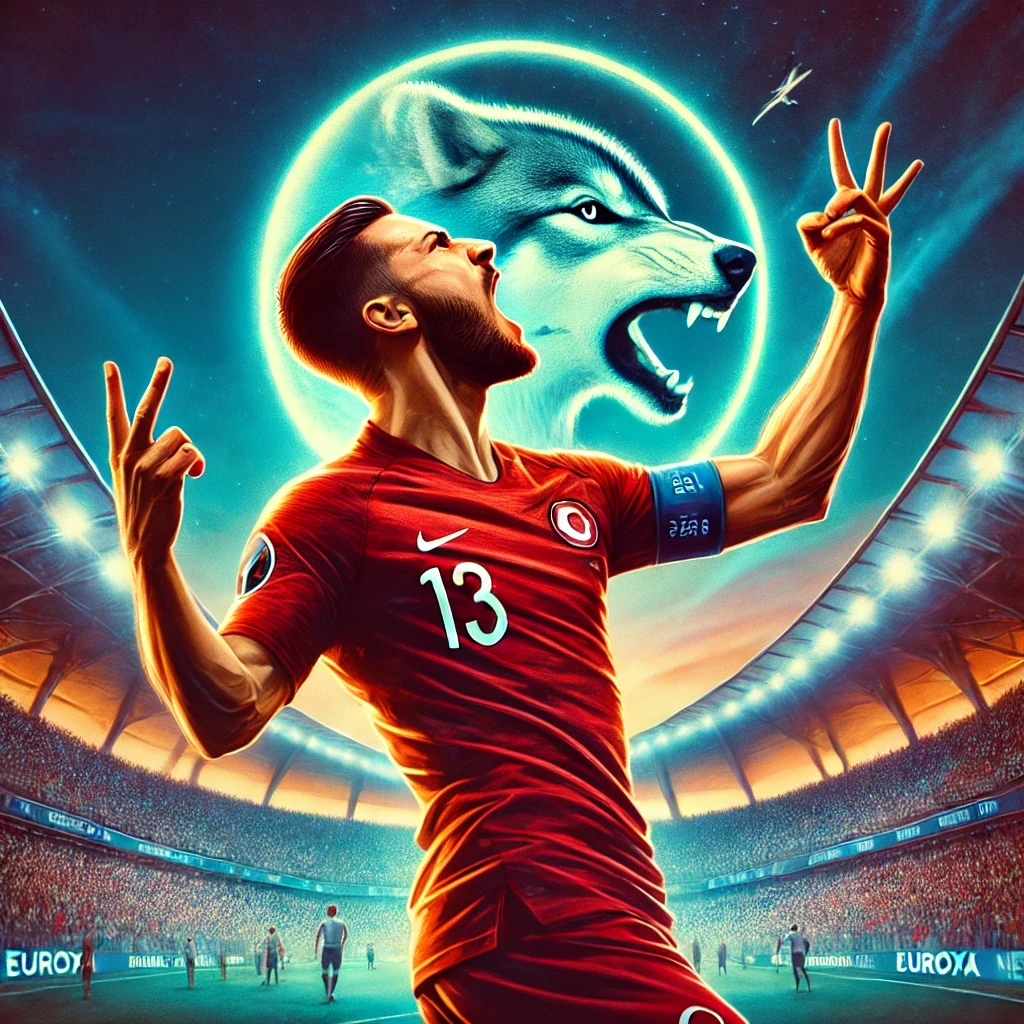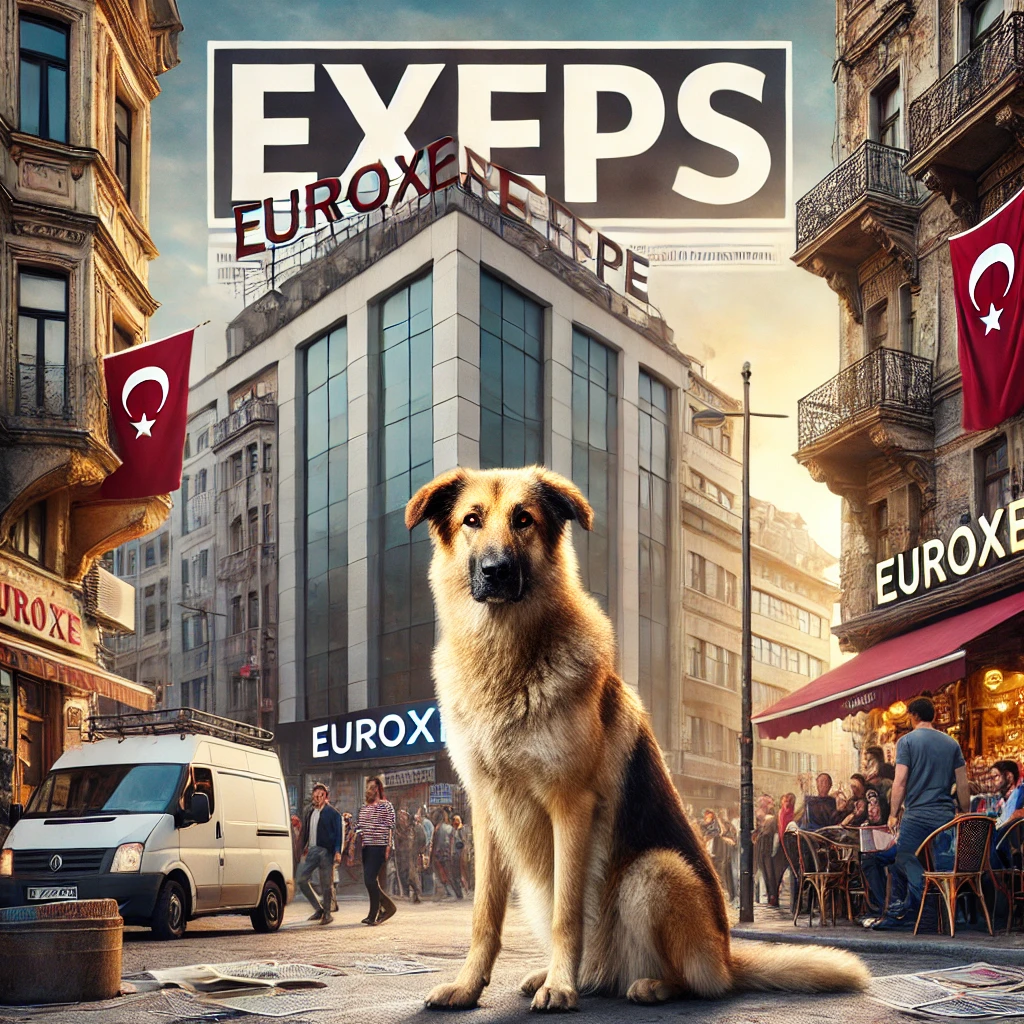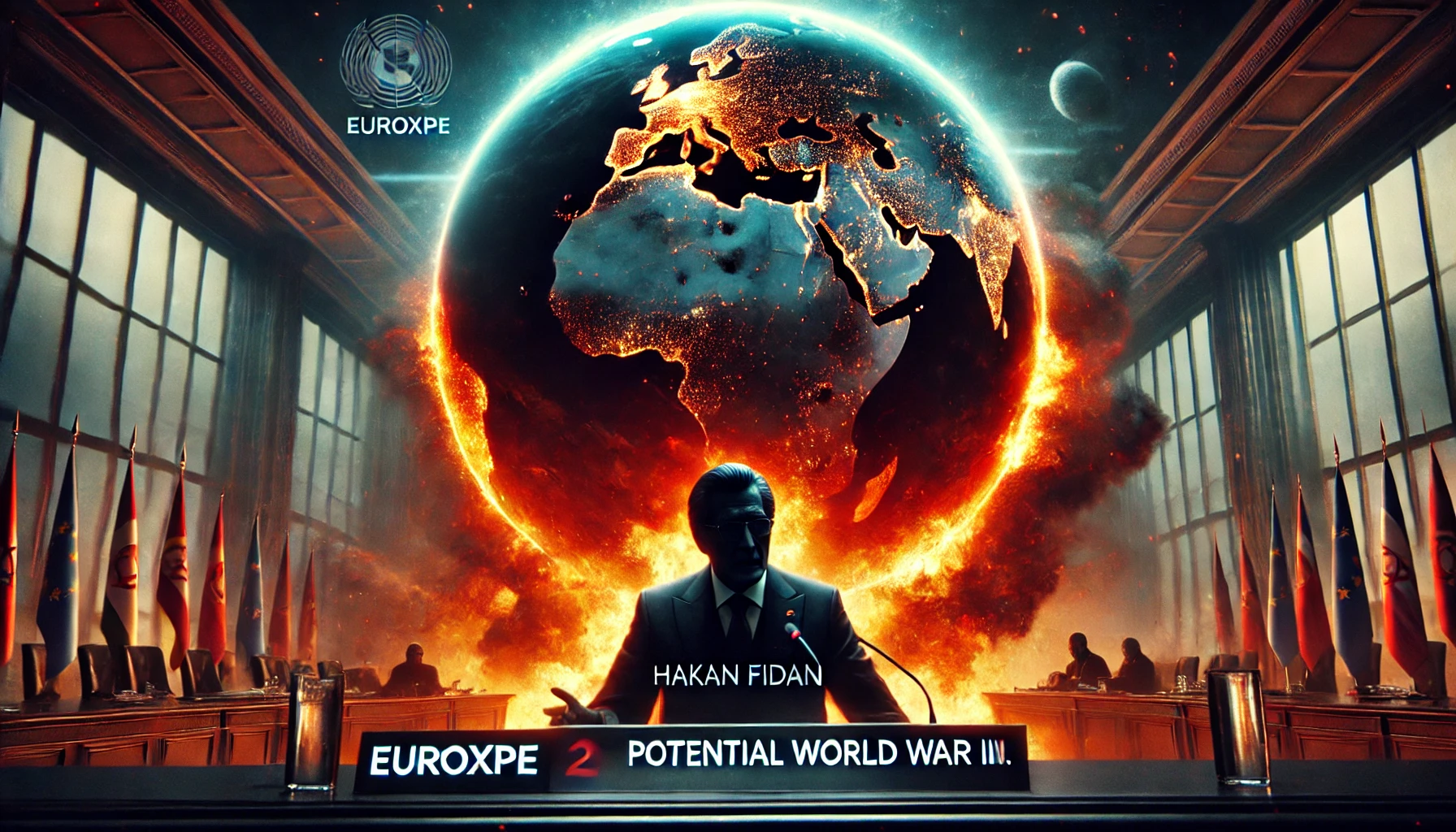The Kremlin has strongly disagreed with Turkish President Recep Tayyip Erdogan’s statement that Crimea should be returned to Ukraine. According to Kremlin spokesperson Dmitry Peskov, Russia’s stance on the Crimean Peninsula, which was annexed from Ukraine in 2014, remains unchanged despite Turkey’s calls for its return. This disagreement highlights ongoing diplomatic friction between Russia and Turkey, particularly as the two nations maintain complex relations in the context of the Russia-Ukraine war.
Erdogan recently reiterated Turkey’s commitment to Ukraine’s territorial integrity, stating that Crimea’s return is essential to uphold international law. The Turkish leader emphasised that Ankara’s support for Ukraine’s sovereignty and independence is unwavering. His remarks came at a time when Turkey is under increasing pressure to balance its relations with both NATO allies and Russia, given its role as a mediator in the ongoing conflict.
In response to Erdogan’s comments, Peskov remarked, “We have completely divergent opinions on this matter.” He acknowledged that Crimea is a longstanding point of contention between the two countries but stressed that Russia would continue its efforts to explain its perspective to its Turkish counterparts. From the Kremlin’s viewpoint, Crimea is now part of Russia, and Moscow considers any suggestion of returning it to Ukraine as unacceptable.
Peskov also pointed out that Erdogan is facing pressure from the United States due to Turkey’s traditionally close ties with Moscow. As a NATO member, Turkey is under scrutiny for maintaining economic relations with Russia despite sanctions and diplomatic isolation efforts led by Western powers. Peskov claimed that the U.S. has not hesitated to use economic pressure and threats of consequences for Turkey’s economy to shift Ankara’s policies.
In light of these tensions, the Kremlin has indicated that President Vladimir Putin may visit Turkey for talks with Erdogan once preparations are finalised. A potential meeting between the two leaders could offer an opportunity to discuss these disagreements, particularly in regard to the situation in Crimea and Turkey’s ongoing role as a mediator in the broader Russia-Ukraine conflict. Turkey has already played a crucial role in facilitating the Ukrainian grain export deal, which allowed Ukraine to continue exporting grain amidst the war.
Erdogan had previously offered to mediate peace talks between Russia and Ukraine during a summit in Kazakhstan in July, but the Kremlin has not accepted this offer. The status of Crimea remains a central issue in any potential resolution, and Russia’s firm stance on the matter poses a significant challenge to any mediation efforts.
As tensions over Crimea continue, the world watches closely for any developments in the relationship between Russia and Turkey. The balance of power, diplomatic pressures, and territorial disputes will continue to shape the future of this complex geopolitical dynamic.
As reported by Reuters, these developments add another layer of complexity to the ongoing conflict.






